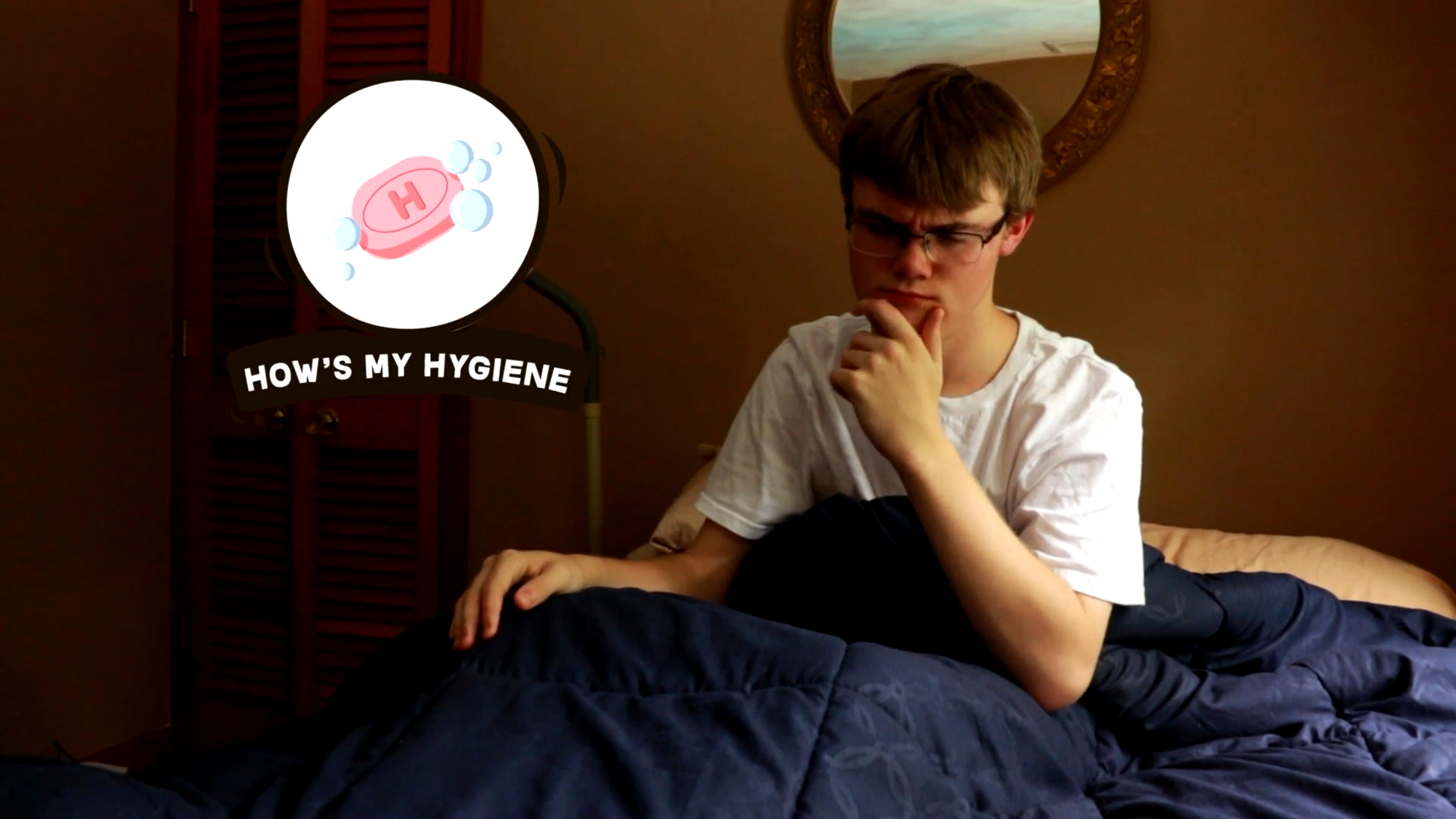
Introduction
Hygiene is an essential aspect of our daily lives, especially for elementary students. Teaching children about the importance of maintaining proper hygiene, including smelling good, can help them develop healthy habits and improve their social interactions. In this blog post, we will discuss an easy, no-prep activity for educators, along with discussion questions and related skills to help students understand the significance of personal hygiene.
No-Prep Activity
This no-prep activity is called “The Mystery Smell” and requires no materials or preparation from the educator. To begin, have the students sit in a circle. Explain to them that part of maintaining good hygiene is making sure we smell clean and fresh. Tell them that you will be describing a mystery smell, and their job is to guess what it is. Describe a smell that is commonly associated with poor hygiene, such as body odor or bad breath. Once the students guess the smell correctly, discuss the importance of showering, using deodorant, and brushing teeth to prevent unpleasant smells and maintain good hygiene. Repeat the activity with a few other mystery smells related to hygiene.
Discussion Questions
- Why is it important to maintain good hygiene, including smelling clean?
- How do you think others feel when they are around someone who doesn’t smell clean?
- What are some ways you can make sure you smell good every day?
- How can you politely let someone know if they have an unpleasant smell?
- How do you feel when you know you smell clean and fresh? How does it affect your confidence and interactions with others?
Related Skills
Beyond smelling good, there are other essential hygiene skills that elementary students should learn to develop healthy habits and improve their social-emotional well-being. These related skills include:
- Hand washing: Ensuring students wash their hands regularly and correctly is crucial for preventing the spread of germs and maintaining cleanliness.
- Oral hygiene: Teaching students to brush and floss their teeth daily helps prevent bad breath and dental issues.
- Grooming: Encouraging students to comb their hair, trim their nails, and wear clean clothes contributes to their overall appearance and self-esteem.
- Personal space: Helping students understand the concept of personal space can improve their social interactions and make others feel more comfortable around them.
Next Steps
Now that you have some ideas for teaching hygiene to elementary students, consider exploring more resources and activities to support your students’ social-emotional learning. Sign up for free samples of skill-based activities and resources from Everyday Speech to enhance your students’ understanding of personal hygiene and other essential life skills.

